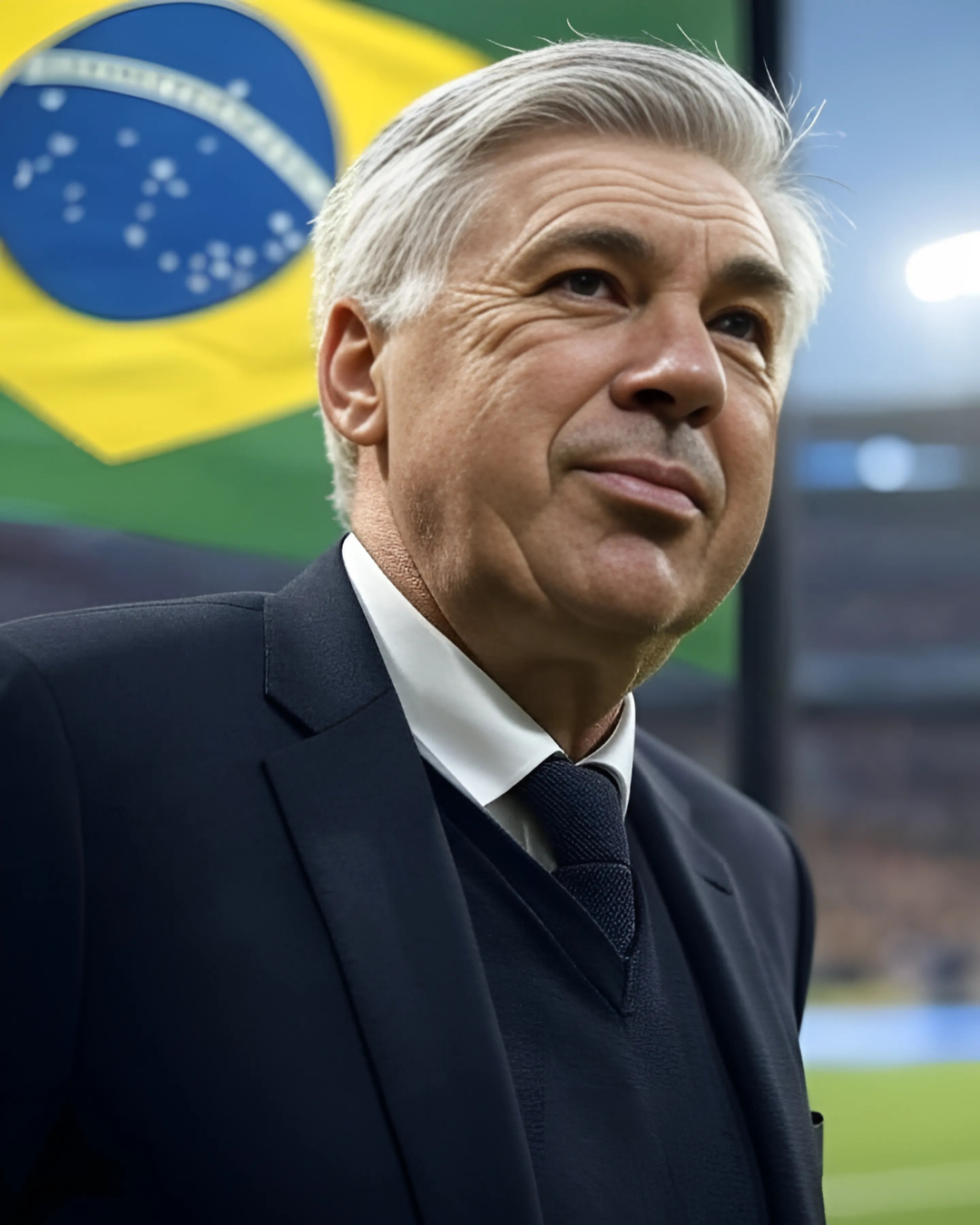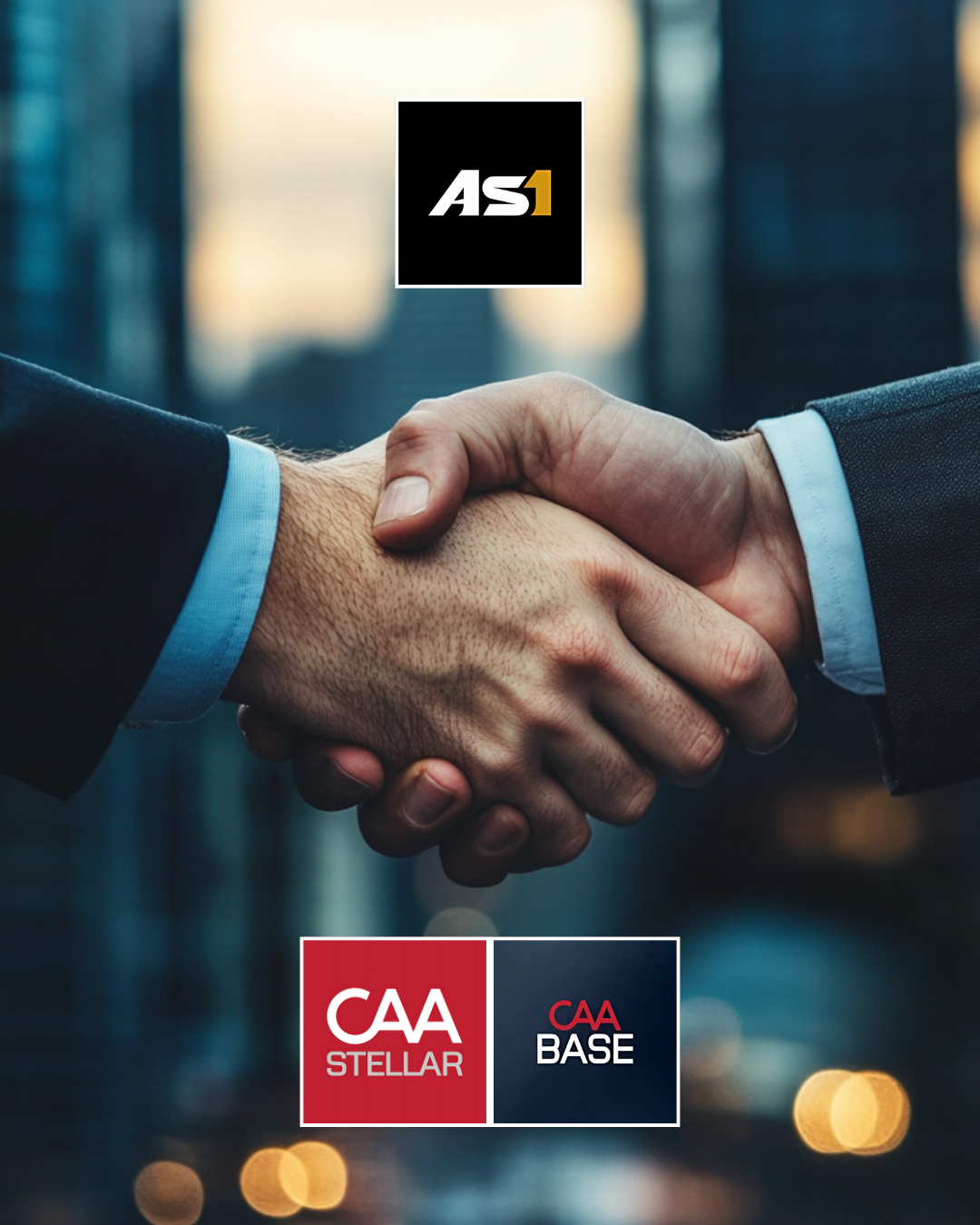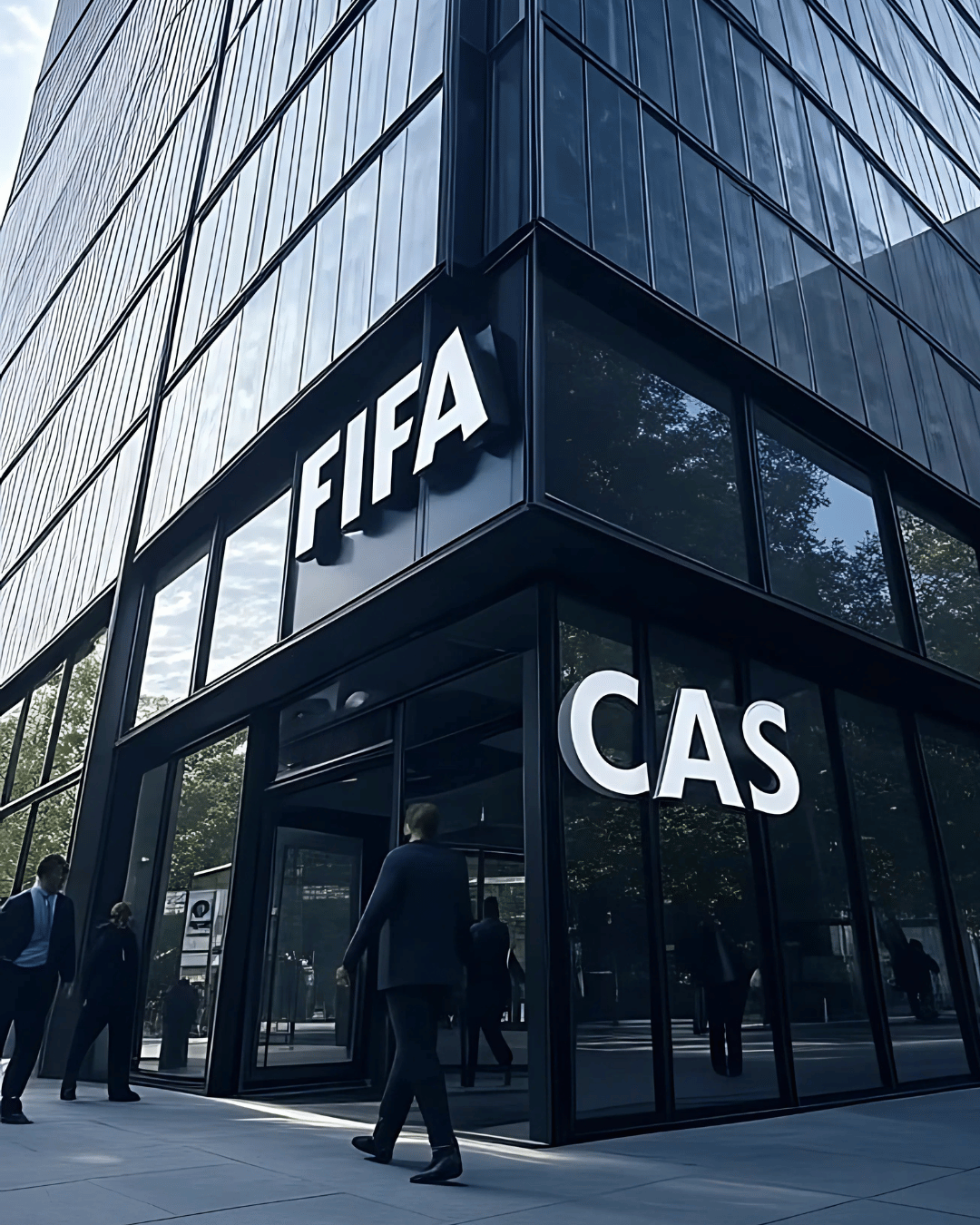Fernandes was allegedly listed in contractual paperwork connected to Ancelotti’s appointment despite not holding a FIFA agent licence—placing his role squarely within the glare of the revamped Football Agent regulatory regime now scrutinising who may negotiate employment agreements for coaches as well as players. (World Soccer Talk)
The CBF has reportedly characterised the arrangement as originating under a prior administration and says it is reviewing the matter internally, while Fernandes argues he merely acted as a “consultant” under time pressure and intends to obtain a licence—positions FIFA is testing by requesting all contracts, communications and proof of payment surrounding the deal. (Tribuna.com)
Under the FIFA Football Agent Regulations (FFAR) and aligned national rules, only licensed football agents may provide representation services in negotiations involving players or coaches; member associations were mandated to implement compliant national regulations, and relabelling activity as “consultancy” does not exempt conduct that is, in substance, agency work (scope covering coach representation, client-pays principles, fee calculation frameworks). (Inside FIFA)
A useful parallel is the Jonathan Beckett v FIFA (CAS 2024/A/10918) ruling we spoke about in our recent article. CAS threw out FIFA’s 2024 provisional suspension of the English agent because his alleged misconduct—helping negotiate a new contract for an Aston Villa youth player—was entirely domestic. With no cross border transfer or representation agreement, there was no “international dimension” to trigger Article 21 of the FIFA Football Agent Regulations (FFAR); since that article is still suspended pending wider litigation, CAS said FIFA lacked the power to act. By contrast, the Carlo Ancelotti–Brazil probe is loaded with cross border elements: an Italian coach, a Spanish club release, a Brazilian federation employer and money moving through multiple jurisdictions. Those links sit squarely inside the slice of Article 21 that remains enforceable for international transactions, which is why FIFA feels on solid ground demanding documents and threatening sanctions this time around.
Implications for unlicensed agents
This case signals that high-profile coaching appointments are not a grey zone—FIFA is prepared to retrospectively scrutinise and potentially reclassify “consultancy” roles as unlicensed agent activity; based on the regulatory framework it is reasonable to infer that unlicensed individuals risk loss of fees and disciplinary measures once facts are established. (Mishcon de Reya LLP)
For federations and clubs, the investigation underscores heightened due diligence expectations: engaging unlicensed intermediaries now carries reputational damage, potential sanctions, and the prospect of having to defend the validity of negotiated terms or fee disbursements before FIFA bodies. (Sportingpedia)
Strategic takeaway
Aspiring or currently unlicensed would-be agents should accelerate formal licensing, clearly define (and limit) any pre-licence support tasks, and maintain transparent documentation—because the environment is shifting from permissive to enforcement-oriented and high-value “consultant” roles are increasingly likely to be reclassified as regulated agent services.










